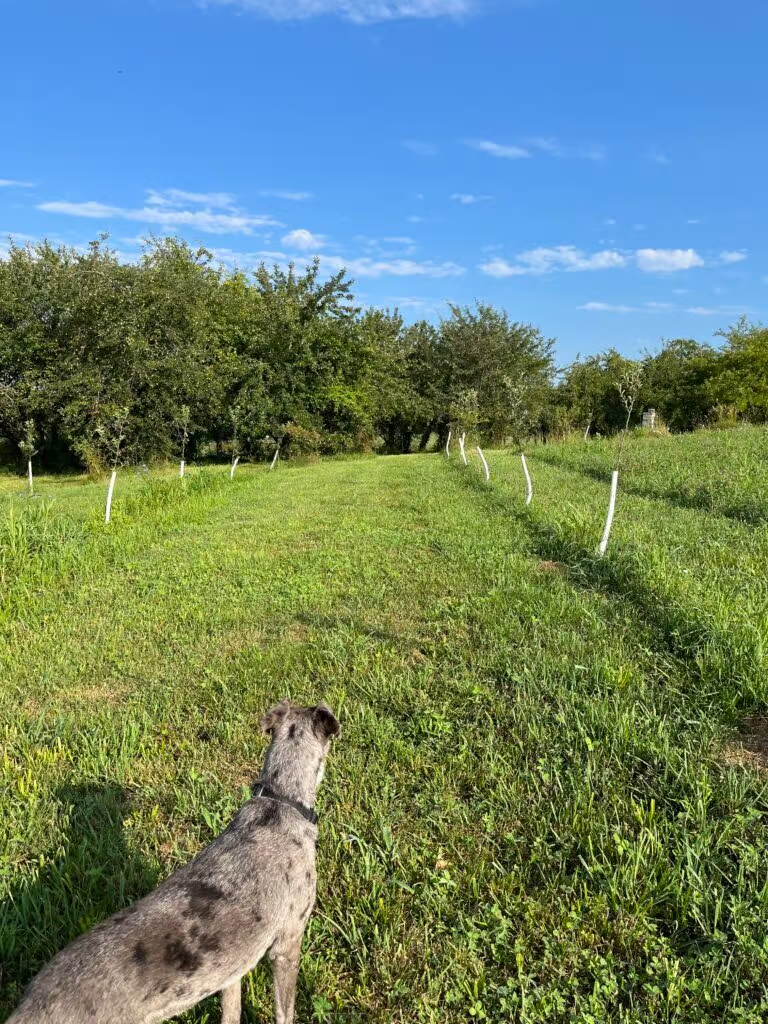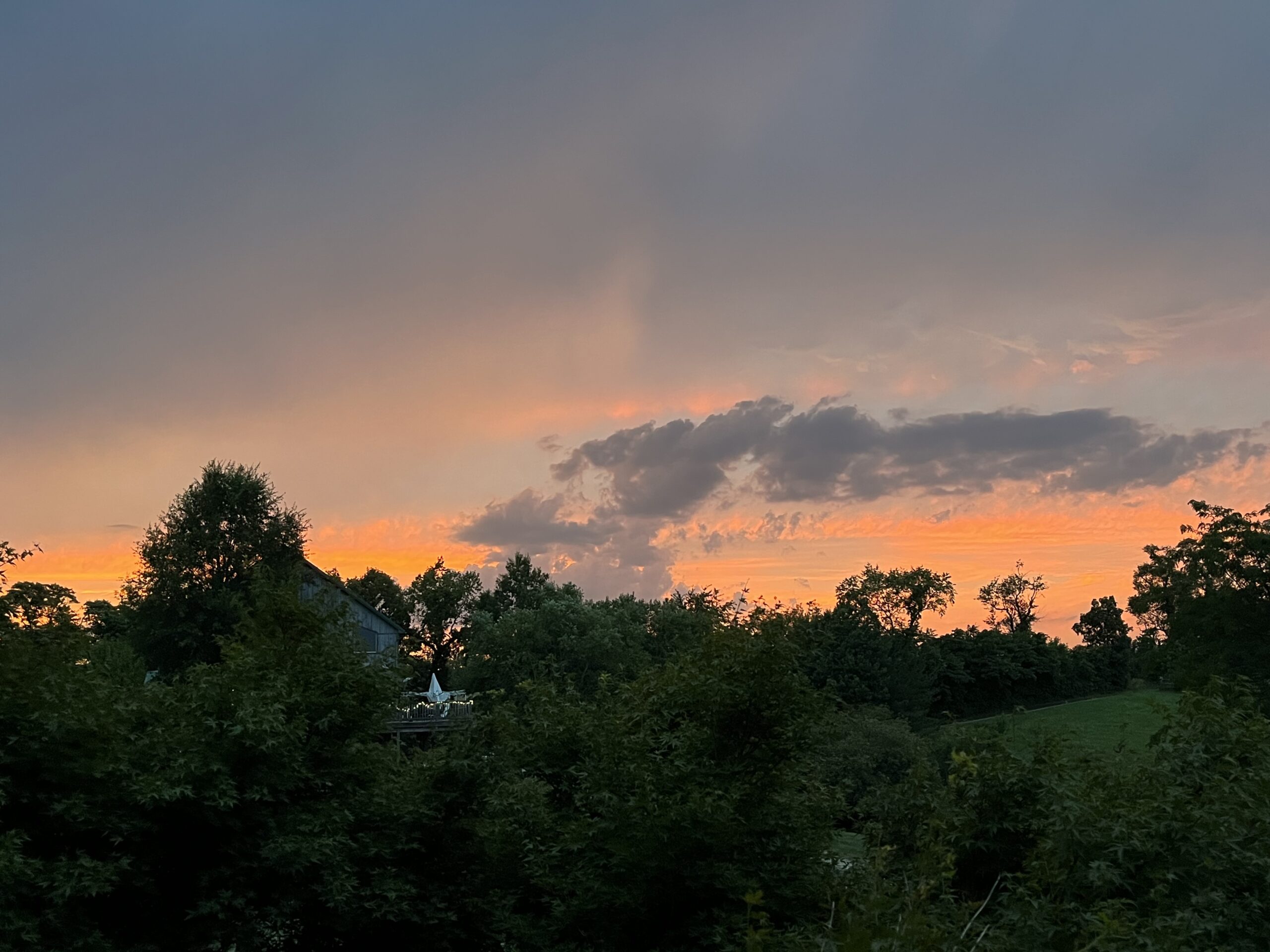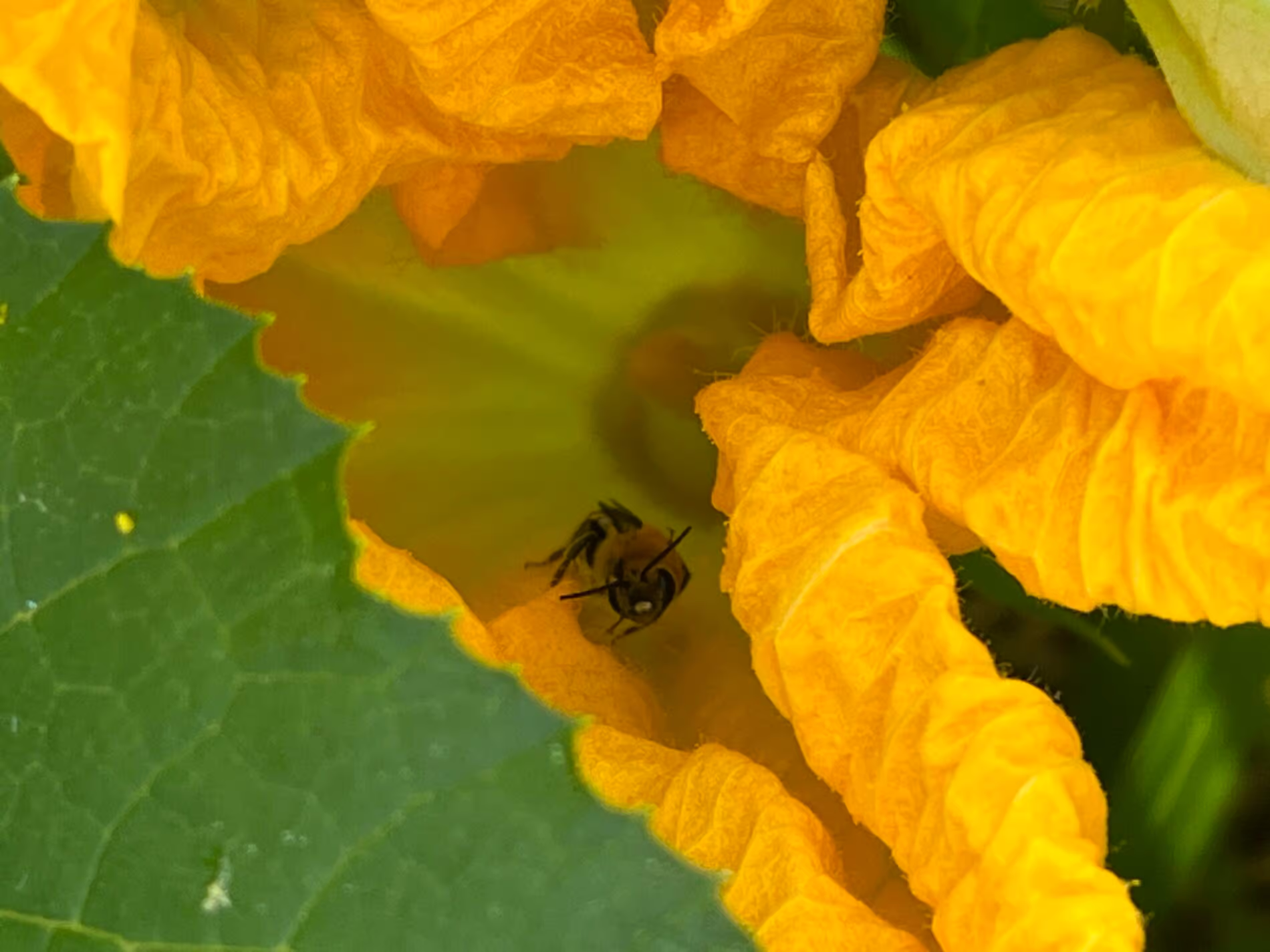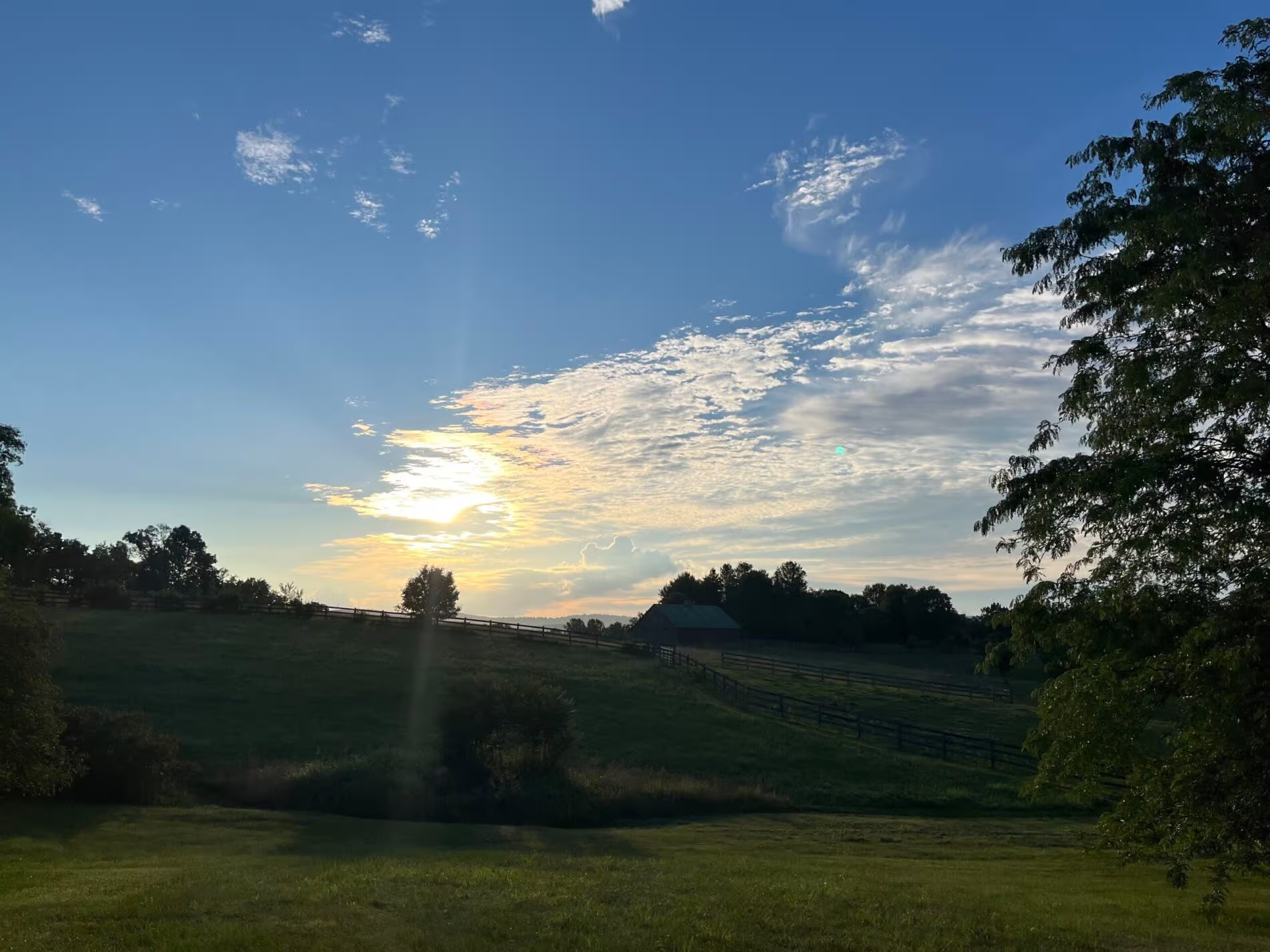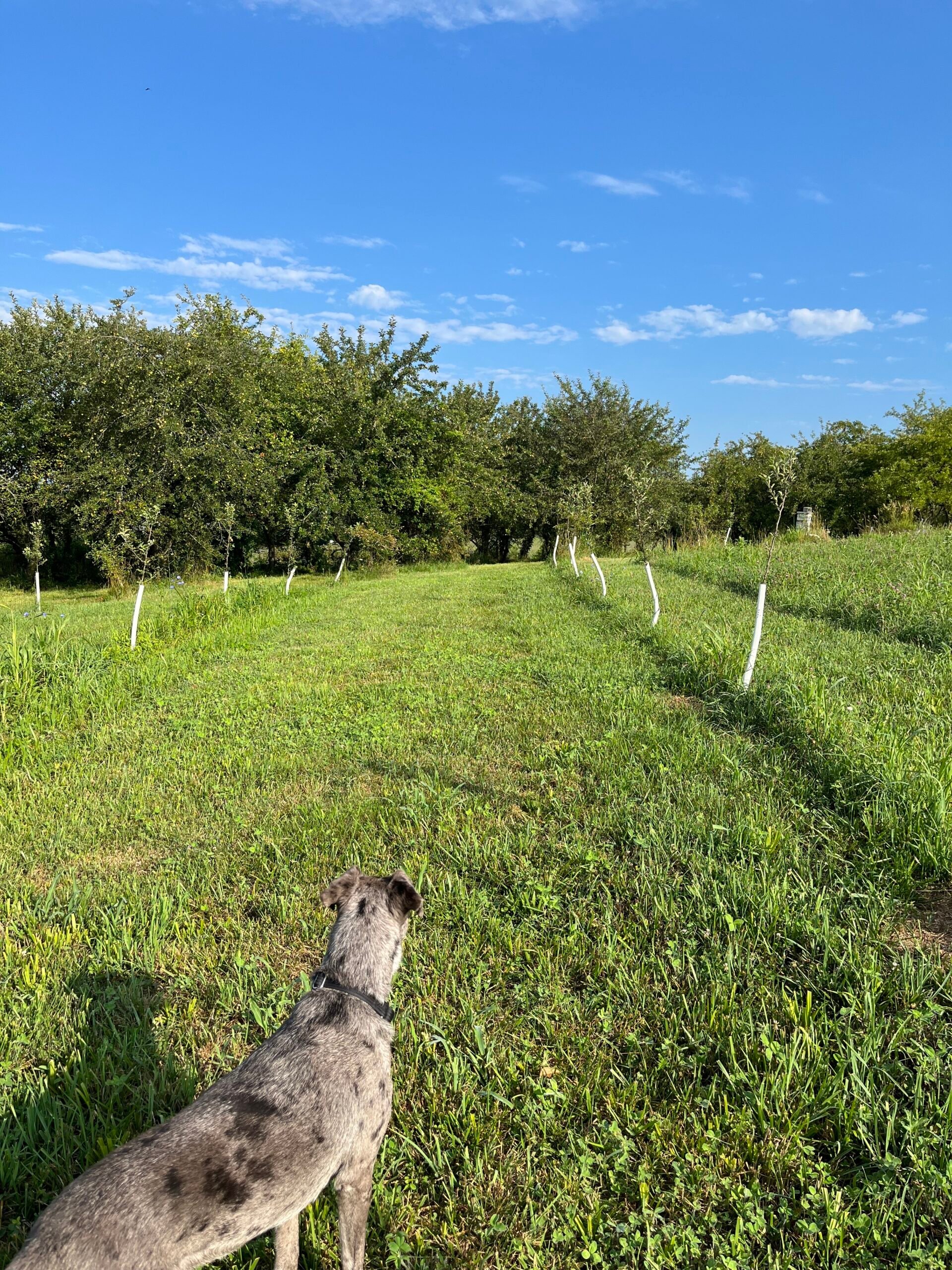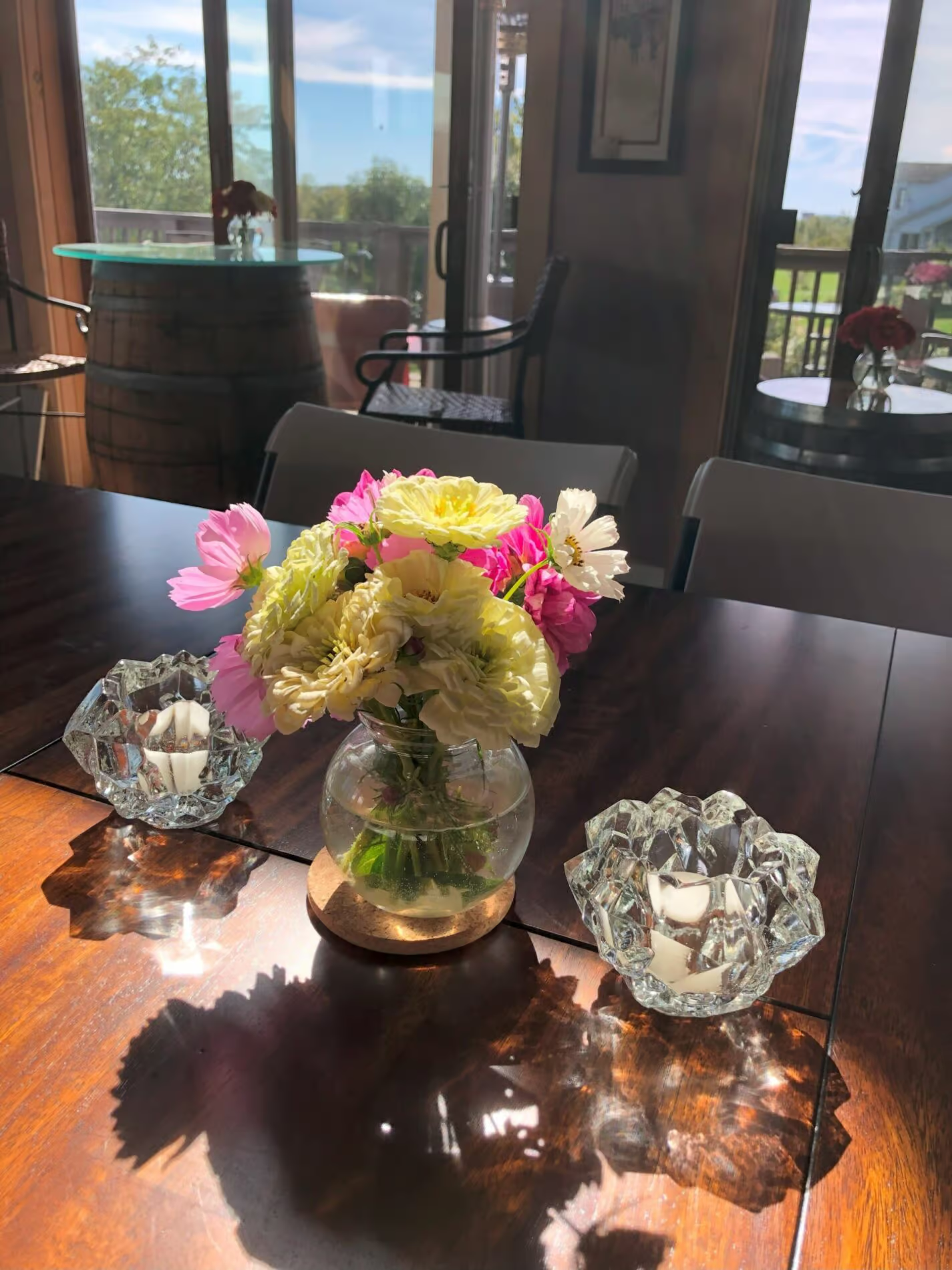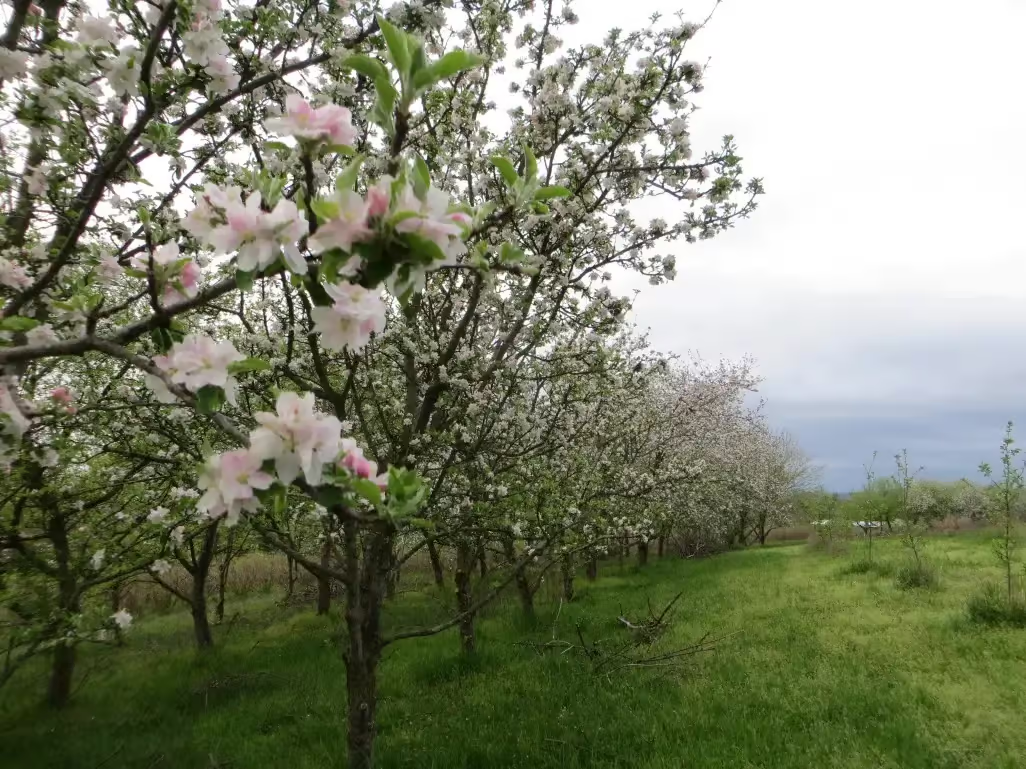
At Willow Oaks, we have something for everyone.
Take a look around and explore all we have to offer!
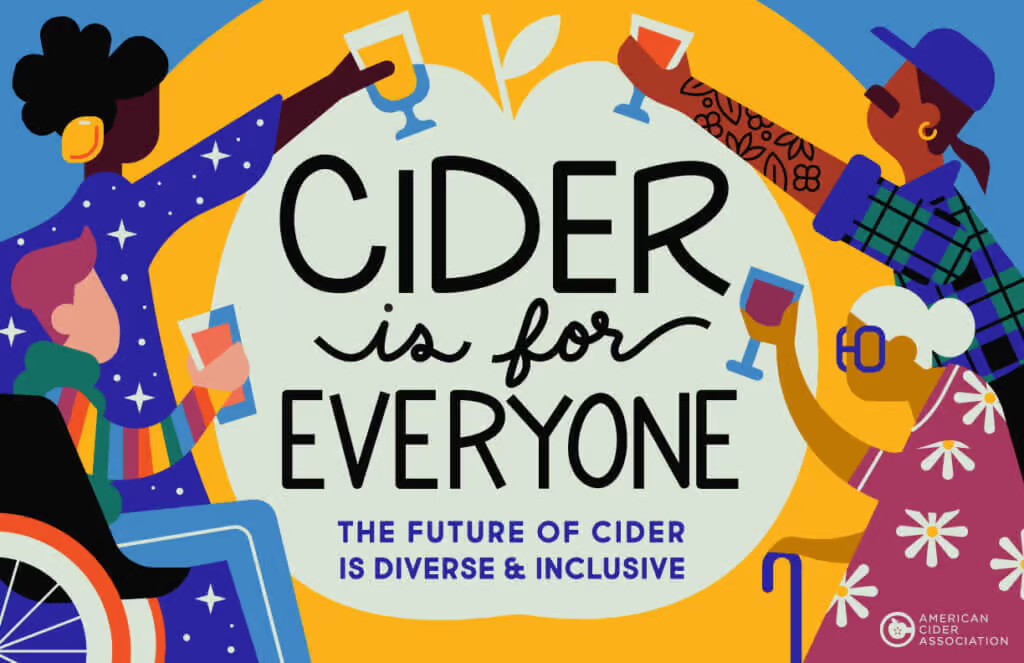
We at Willow Oaks craft cider & Country Pleasures Farm welcome adults and families of every ability and background to enjoy our products
and our farm.
Our tasting room is open Saturdays and Sundays, 11am-5pm.
Curbside pick-up is available anytime. Get in touch, we’d love to meet you!

Take in the views..
Come soak in the beauty of our cidery, winery, orchard and farm

Latest Events & Updates
tastings, tours, music, art — plus posts about Country Pleasures Farm and anything else that strikes our fancy
Events Calendar

Take a look at some of the special events on the farm this spring!
Springing!


Open each Saturday & Sunday, 11am-5pm Flights of 4 ciders or dessert wines for $10 Flights of 6 for $15 Bring a picnic, settle in, cozy up to the fire while we turn some Maple and Walnut sap into syrup. Join us April 27 & 28 for the Valley Craft Network Spring Showcase. The Middletown…
Open for the season


We’re looking forward to seeing you back at the farm. We re-open Saturday, March 9.
Spring Showcase


A gathering of artisans at Willow Oaks.
In hopes of spring


Open Saturdays, February 10th & 17th, 12-5.
What happened to 2023?


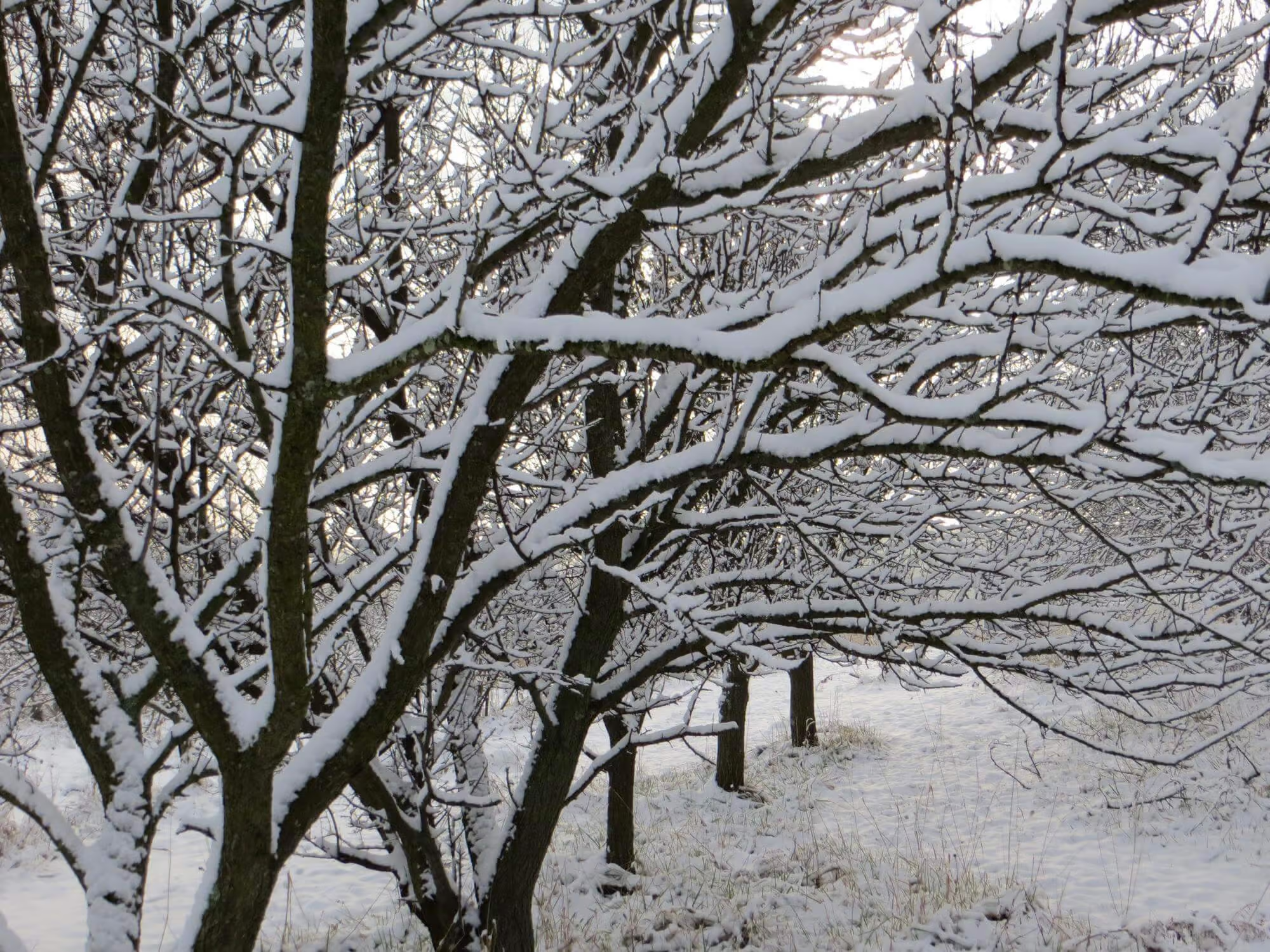
The waning year. Or, what happened to 2023?






